The Strad asked the genre-hopping double bassist and composer to share the most important lessons he has learnt in his musical career
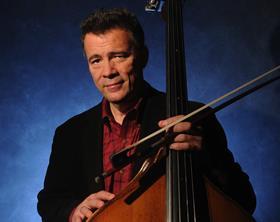
Discover more Featured Stories like this in The Strad Playing Hub
This was originally published in the November 2010 issue of The Strad
From the start I have always written for myself and my friends, so there is always someone to play the piece.
I have always thought of performing not so much as an end in itself, than as a vital link in a continuum of musical thought and activity.
Teachers shouldn’t feel they have to answer every question, but should establish a dialogue with the student where both parties are looking for the same thing.
Most composers should play more and most performers should write more.
The biggest difficulty for most classical musicians looking outside of the established repertoire is to understand the primacy of rhythm in most music.
I find it helpful to see music as a language and different styles as dialects.
I’ve learnt more from the musical examples set by others than from anything they’ve said.
This was originally published in the November 2010 issue of The Strad
Read: Edgar Meyer on the Prelude from Bach’s Cello Suite no.2
Read: Me and my teacher: Dan Styffe and Gary Karr
Read: The Viennese double bass: The long pattern
Read more Featured Stories like this in The Strad Playing Hub
The number one source for playing and teaching books, guides, CDs, calendars and back issues of the magazine.
In The Best of Technique you’ll discover the top playing tips of the world’s leading string players and teachers. It’s packed full of exercises for students, plus examples from the standard repertoire to show you how to integrate the technique into your playing.
The Strad’s Masterclass series brings together the finest string players with some of the greatest string works ever written. Always one of our most popular sections, Masterclass has been an invaluable aid to aspiring soloists, chamber musicians and string teachers since the 1990s.
This year’s calendar celebrates the top instruments played by members of the Australian Chamber Orchestra, Melbourne Symphony, Australian String Quartet and some of the country’s greatest soloists.

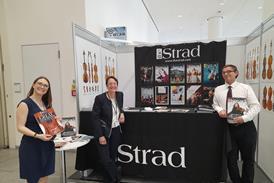


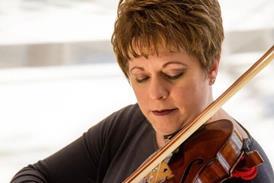







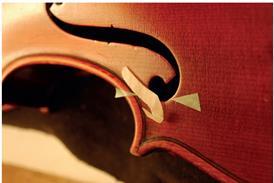
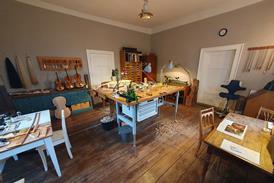
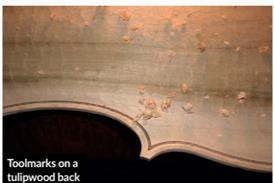








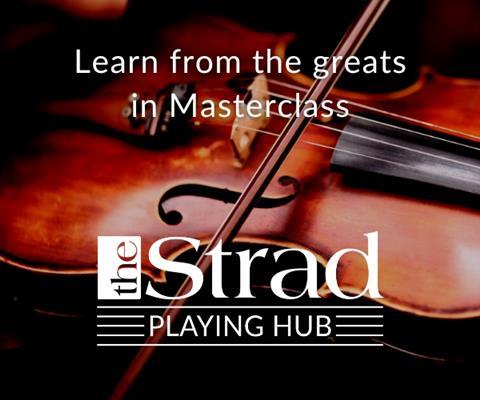


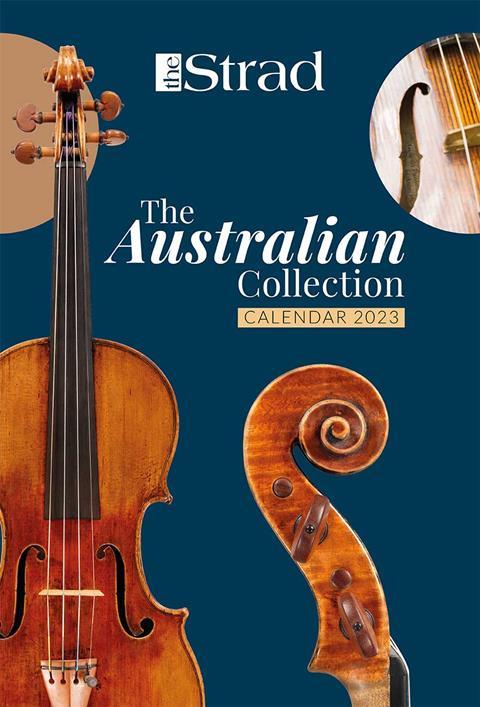












No comments yet